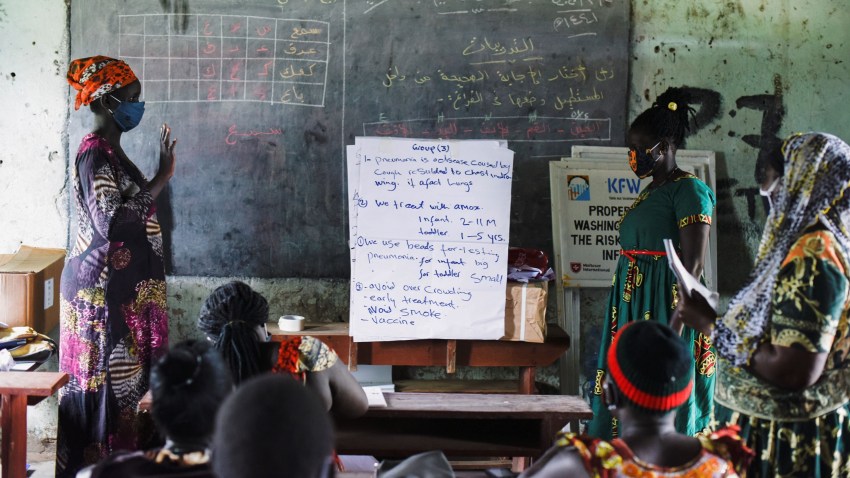At the 2023 United Nations COP28 Climate Change Conference, which just wrapped up this week in Dubai, representatives from states, international organizations, the private sector and NGOs worked to come up with solutions to ensure a sustainable future for all, amid deteriorating climate conditions.
Climate financing was once more among the primary topics of concern, as Global South countries sought to unblock international financing flows to ensure they can address climatic catastrophes and sustainably prosper. But while financing is a critical component of the response to climate insecurity, it is also urgent to scrutinize how solutions are implemented.
International donors and NGOs, through international assistance programs, are central actors in these responses. But whether it is in relation to the climate, development and peacebuilding sectors, or the overall achievement of the U.N.’s Sustainable Development Goals, several decades of programs across most of the Global South have been marked by entrenched and sustained unequal power dynamics between these institutions and local and national actors of change. These include top-down approaches that discard local knowledge, experiences and capacities through the marginalization of these actors from direct funding, decision-making processes, program design and implementation, and monitoring and evaluation.

